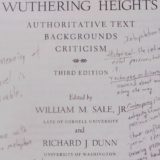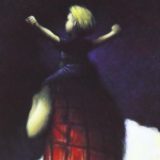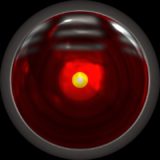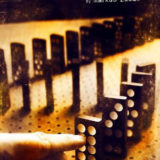Literature Circle Resources
Yesterday I wrote a rather lengthy post about Harvey Daniels’ book Literature Circles: Voice and Choice in Book Clubs and Reading Groups, so today I want to list a few resources for those of you interested in knowing more about literature circles. Despite my criticism of a section in Chapter 3, I really think Daniels’ book is valuable and practical for middle school and high school teachers. I especially appreciated reading concrete examples from actual teachers, and seeing the theory put into practice.
The best place to begin looking into literature circles on the web is with Jim Cornish’s Literature Circles page. His list of links is pretty comprehensive, and includes two sites that are worth mentioning here:
- Litcircles.org is mainted by the College of Education at Seattle University and looks very thorough and practical.
- LiteratureCircles.com is the official website of Daniels’ book, and though it’s pretty sparse, the information you get is helpful.
The ReadWriteThink website also has a Getting Started Guide to Literature Circles that can be extremely useful to teachers implementing them for the first time.
I’ve done an adaptation of literature circles in my classes in the past, but this year I’m going to try for a more complete implementation of Daniels’ ideas because I like the way his view of literature circles makes the students more accountable for their own reading decisions. I also like the way literature circles try to make reading instruction more authentic and less artificial, so that students learn more sophisticated skills in a natural way.
I tend to agree with Mortimer Adler’s view that instruction should be about 15% lecture/didactic, 15% socratic dialogue, and 70% practice. I see literature circles fitting into the 70% practice slot, and lending themselves naturally to some socratic discussions. In fact, two other books I’m re-reading right now deal with the connection between literature circles and socratic discussions: Socratic Seminars and Literature Circles by Moeller and Moeller, and Socratic Circles by Matt Copeland.
I’ll let you know how it goes as the school year progresses.













1 Response
[…] here to […]